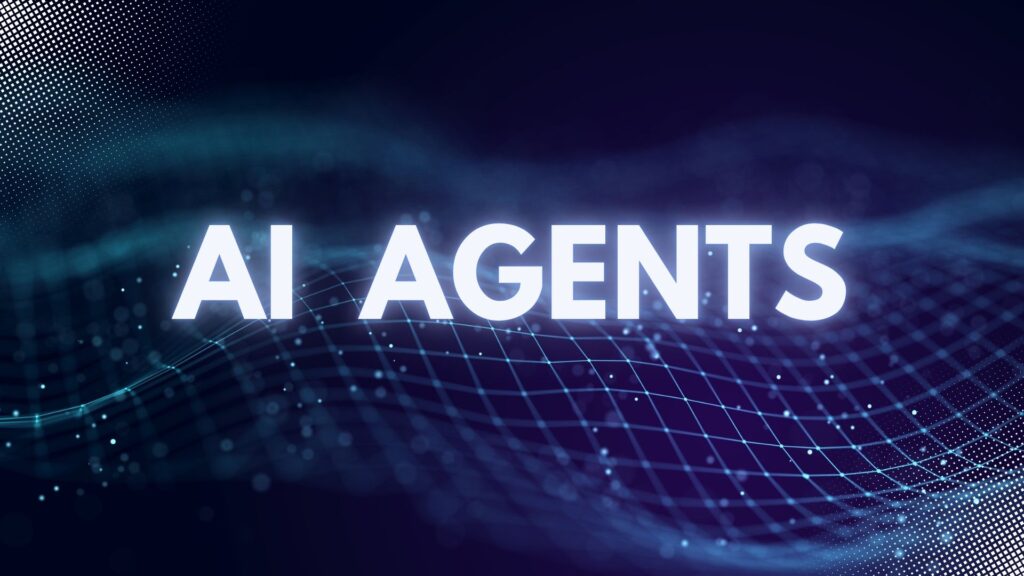
Status: ongoing
Period: September 2025 – December 2025
Funding: 40.000€ (VAT excluded)
Funding organization: TIM
Person(s) in charge: Marco Rondina, Antonio Vetrò, Juan Carlos De Martin
Executive summary
A TIM-financed project which aims to address the technological, economic, political and social impacts of the widespread diffusion and use of agentic AI tools.
Background
Machine learning and artificial intelligence (ML/AI) technologies have proven their disruptive potential in recent years. Recent innovations, coupled with the increasing availability of data and advancements in hardware technology, have resulted in the transformation of these software categories from research niches into the foundation of numerous applications encompassing all aspects of social and economic activities.
The evolution of LLMs has led to the development of highly specialised models that can interact with themselves and with other models, known as agents. The agentic evolution of LLMs’ chatbots make it possible to develop highly specialized models trained to be quite accurate on very specific and narrow contexts. These specialized models “can make decisions and perform tasks with or without human intervention” . This constitutes the primary assertion of agentic AI, which refers to software capable of executing actions with third parties without the necessity of human intermediation.
This will reportedly introduce a paradigm shift in the way internet users access online services, disrupting the traditional paradigm of interaction between users, web services, and network infrastructure.
Objectives
1) Analyse the state of the art of AI agents, their uses, applications and supporting protocols.
2) Examine the technological, economic, social, ethical, and even geopolitical implications of an Internet of agents, including through scenarios/use cases and systemic analysis methods such as SWOT, systems heuristics, soft systems methodology (SSM), cognitive mapping, critical systems thinking, and critical systems heuristics. The analysis must include at least two perspectives: that of end users and that of service providers.
Expected outcomes
- Scientific report
- Use case workshop
